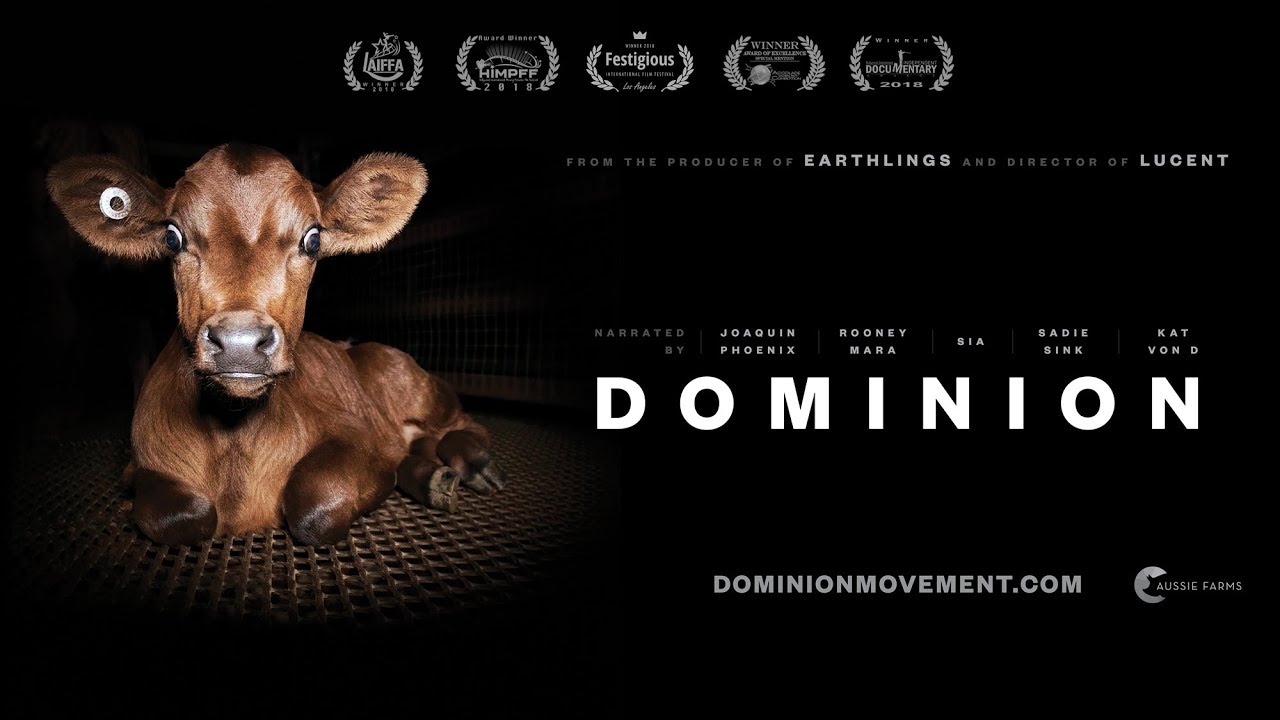Timestamps:
0:00 - Introduction
04:12 - Pigs
23:19 - Egg-Laying Hens
30:49 - Broiler (Meat) Chickens
41:11 - Turkeys
45:29 - Ducks
53:03 - Cows
1:11:07 - Sheep
1:17:19 - Goats
1:21:57 - Fish
1:26:46 - Rabbits
1:29:24 - Minks
1:30:55 - Foxes
1:32:23 - Dogs
1:37:58 - Horses
1:40:43 - Camels
1:42:16 - Mice
1:43:51 - Exotic Animals
1:46:07 - Seals & Dolphins
1:49:16 - Conclusion
1:55:47 - Closing Credits
This was the doc that sold me fully on going vegan.
If you like meat, learn more about where it comes and the practices you are promoting to access it, then decide whether or not to continue.


deleted by creator
deleted by creator
deleted by creator
deleted by creator
deleted by creator
deleted by creator
deleted by creator
Nitpicks from somebody who lives on a small farm.
"... most male cows are killed after just a couple years of life..."
Slaughter weight for cattle is about 12 months for conventional production and might be something like 1.5 to 2 years on a hippy dippy pasture operation, regardless of gender. The longer you keep a cow the more the feed costs add up. And folks who eat meat will complain that the meat is too tough and/or isn't fatty enough.
"Efficiently producing dairy requires constantly impregnating cows..."
You don't need to keep impregnating a cow to have it give milk. (Think about the human who are considered "weird" for breast feeding their child for more than a few years.) A lactating cow will continue to lactate for as long as something is draining the milk from their udders and they are kept reasonably healthy. Breed a cow once, keep it healthy, milk it every day and you can have milk for years. Dairy farms, the actual people working the cows, take the brunt of the dairy industry crash and can be pushed to keep breeding their milking herds to have extra income by selling bulls for breeding/meat and extra cows as replacements/meat.
I think a better term to use is "profitability" not "efficiency". Not letting bull calves stay with their mothers who are being milked in a diary is an economic decision not an efficiency decision. Because feeding bull calves has a cost to the farmer and falling milk prices means every ounce of milk produced needs to be sold to cover expenses of running a dairy farm. Using Jersey cows selectively bred to give several gallons of milk a day instead of a Dexter that typically gives a gallon or less per milking is an economic decision, not an efficiency decision.
deleted by creator